What are the impartiality rules for BBC presenters?
News presenters and hosts of 'flagship programmes' must adhere to tougher guidelines than other staff and freelancers
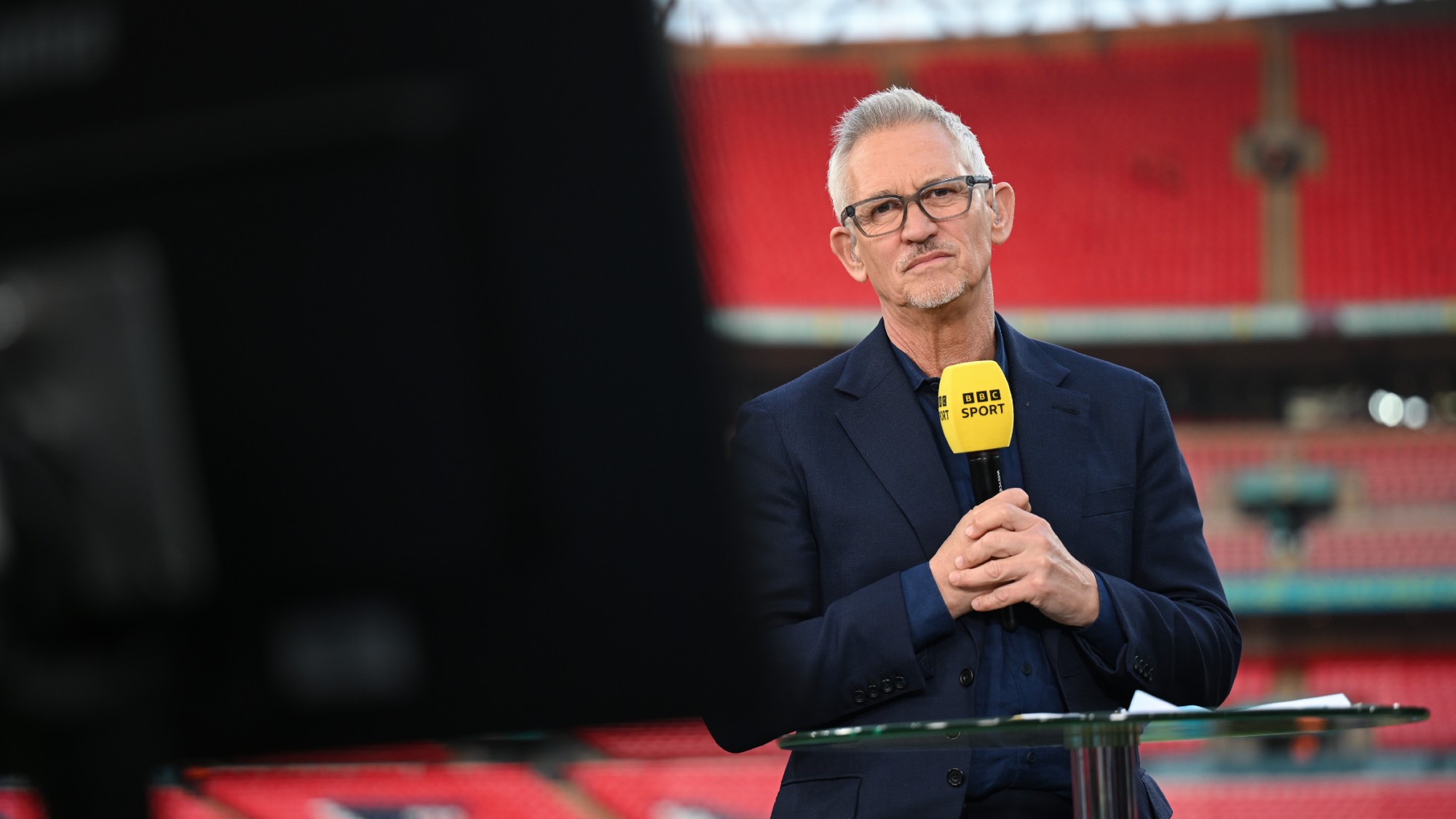
A free daily email with the biggest news stories of the day – and the best features from TheWeek.com
You are now subscribed
Your newsletter sign-up was successful
When Gary Lineker "mistakenly" shared antisemitic material on social media, it was the "final straw" for BBC bosses. The "Match of the Day" host's inability to accept that his "voicing of strongly-held views" could have an impact on the broadcaster's "need for impartiality", had long "caused problems", said Katie Razzall, the BBC's culture and media editor.
The "sorry end" to Lineker's BBC career highlights how important – in an age when high-profile personalities have huge followings on social media – the broadcaster's editorial guidelines are to its reputation management.
What are the rules and who has to follow them?
"Defining impartiality is easy: it means reflecting all sides of arguments and not favouring any side," say the BBC's editorial guidelines. "But putting impartiality in practice is more difficult."
The Week
Escape your echo chamber. Get the facts behind the news, plus analysis from multiple perspectives.

Sign up for The Week's Free Newsletters
From our morning news briefing to a weekly Good News Newsletter, get the best of The Week delivered directly to your inbox.
From our morning news briefing to a weekly Good News Newsletter, get the best of The Week delivered directly to your inbox.
The broadcaster's guidelines demand the "highest level of impartiality in News and Current Affairs and factual journalism (including sport)", and especially "in relation to controversial subjects and major matters".
The BBC does not allow, for example, "expression of personal views" by its news and current affairs presenters, reporters and journalists, "other than in exceptional and defined circumstances". It is not expected, however, that the same requirement will apply to those who work on comedy or drama or other output.
What about personal social media accounts?
In its social media guidance, the BBC says staff and freelancers are "required to respect civility in public discourse and to not bring the BBC into disrepute", although they are not expected to uphold impartiality when posting online.
But stricter rules apply for "individuals working in news and current affairs, sports journalism, and factual journalism", as well as those in senior management positions. This includes not revealing how you vote, not supporting a campaign, not expressing support for any political party or a view on any issue which is a "matter of current political debate, or on a matter of public policy".
A free daily email with the biggest news stories of the day – and the best features from TheWeek.com
How have the BBC guidelines changed?
The BBC updated its social media guidance in 2023, after Lineker was suspended over a tweet about the government's asylum-seeker policy, which he said was publicised with language "not dissimilar to that used by Germany in the 30s".
An independent review by former ITN boss John Hardie recommended that high-profile presenters hosting "flagship programmes" should be able to "express views on issues and policies" but must not endorse or attack a political party, criticise the character of individual UK politicians, or take up an official role in campaigning groups. These additional measures apply while a programme or series is on air and for a two-week window before and after it's been broadcast, and cover stars such as Alex Jones from "The One Show" and "Strictly Come Dancing" hosts Tess Daly and Claudia Winkleman.
Have other stars broken impartiality rules?
Lineker is far from the first person to fall foul of the BBC's impartiality rules – even if he is probably the most high-profile. In fact, there have been a number of cases in recent years where presenters have been suspended or sacked, predominantly for posting criticism of the government.
In 2021, then-"Newsnight" presenter Emily Maitlis was reprimanded for sharing a "clearly controversial" social media post related to the government's response to the Covid pandemic. The BBC's complaints unit said she had breached editorial guidelines by failing to provide "surrounding context" to ensure impartiality. A year previously, she had also been deemed to have breached impartiality rules with a "Newsnight" opening that was critical of Dominic Cummings' lockdown-busting trip to Barnard Castle.
In 2022, news presenter Martine Croxall was temporarily suspended for asking on-air if she was "allowed to be this gleeful" about Boris Johnson's failed bid to replace Liz Truss as Tory leader. A year later, Carol Vorderman stepped down from her weekly show on BBC Radio Wales after a series of posts critical of the Conservative government, including one which said "this iteration of the Tory Party needs to be utterly dismantled at the next election". Vorderman said she was not "prepared to lose my voice on social media".
-
 Political cartoons for February 12
Political cartoons for February 12Cartoons Thursday's political cartoons include a Pam Bondi performance, Ghislaine Maxwell on tour, and ICE detention facilities
-
 Arcadia: Tom Stoppard’s ‘masterpiece’ makes a ‘triumphant’ return
Arcadia: Tom Stoppard’s ‘masterpiece’ makes a ‘triumphant’ returnThe Week Recommends Carrie Cracknell’s revival at the Old Vic ‘grips like a thriller’
-
 My Father’s Shadow: a ‘magically nimble’ film
My Father’s Shadow: a ‘magically nimble’ filmThe Week Recommends Akinola Davies Jr’s touching and ‘tender’ tale of two brothers in 1990s Nigeria
-
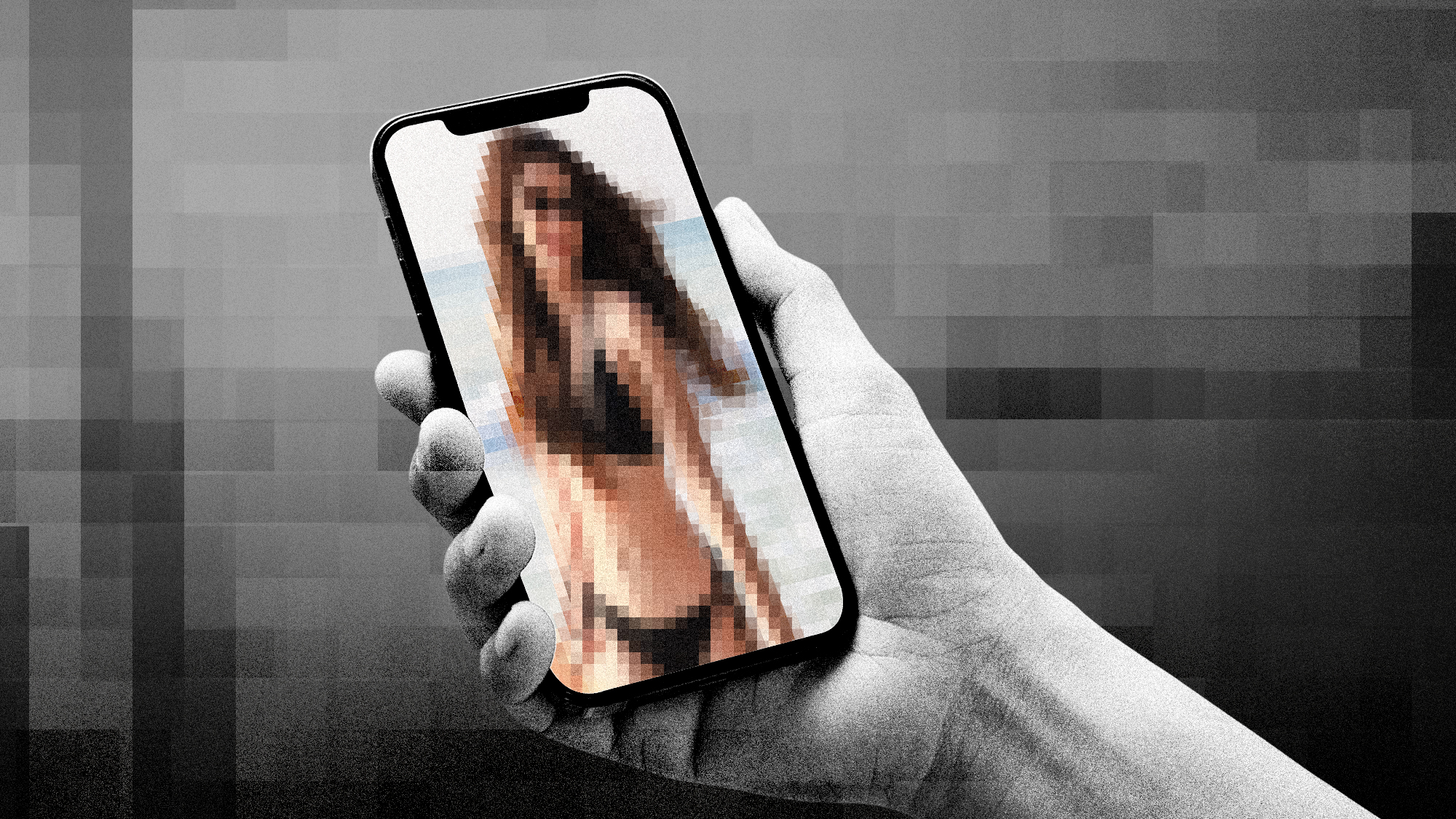 Why X could face UK ban over Grok deepfake nudes
Why X could face UK ban over Grok deepfake nudesThe Explainer Ofcom is investigating whether Elon Musk’s AI chatbot breached Online Safety Act
-
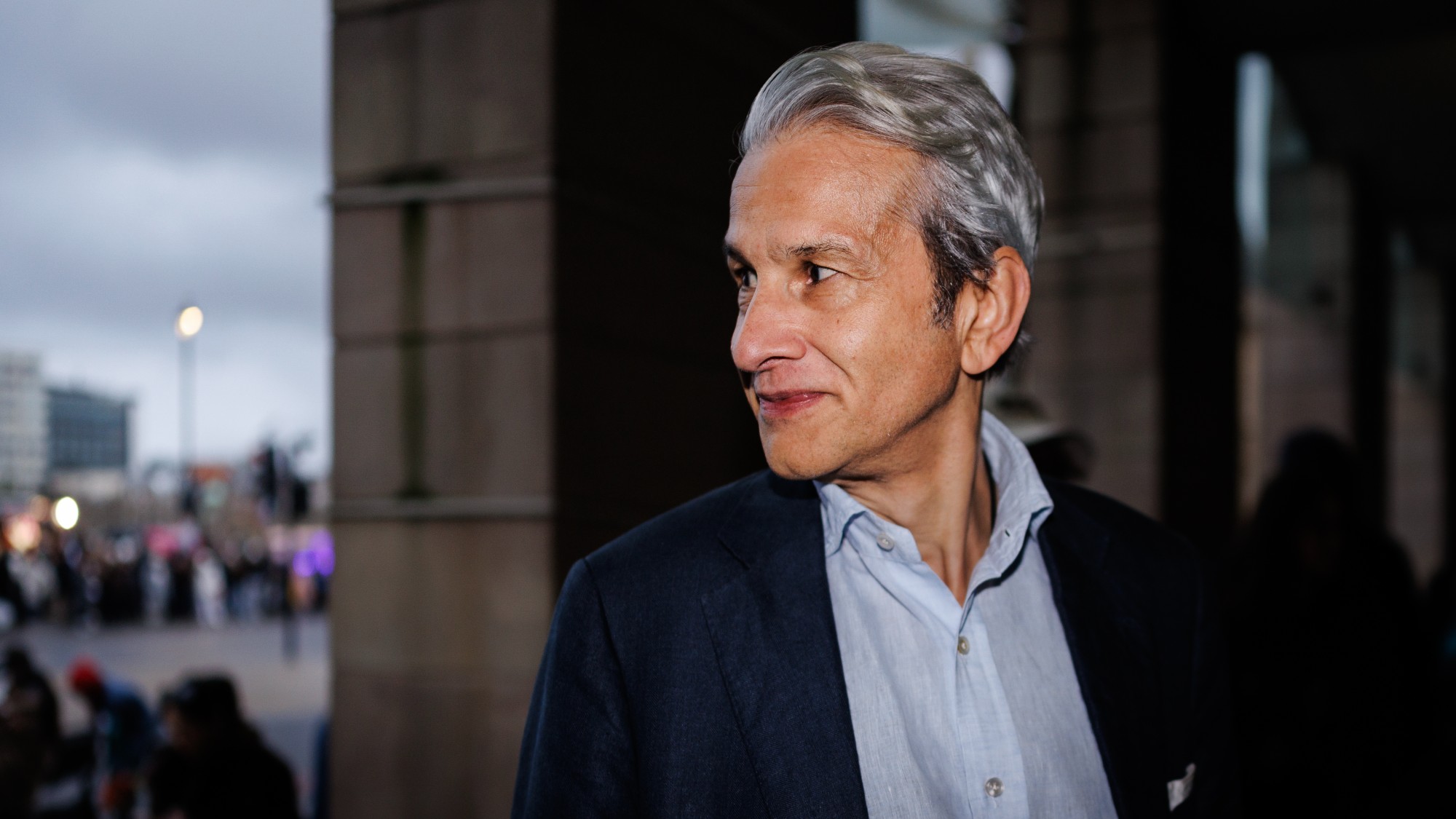 Can the BBC weather the impartiality storm?
Can the BBC weather the impartiality storm?Today's Big Question MPs’ questions failed to land any ‘killer blows’ to quell the ‘seismic outrage’ faced by the BBC
-
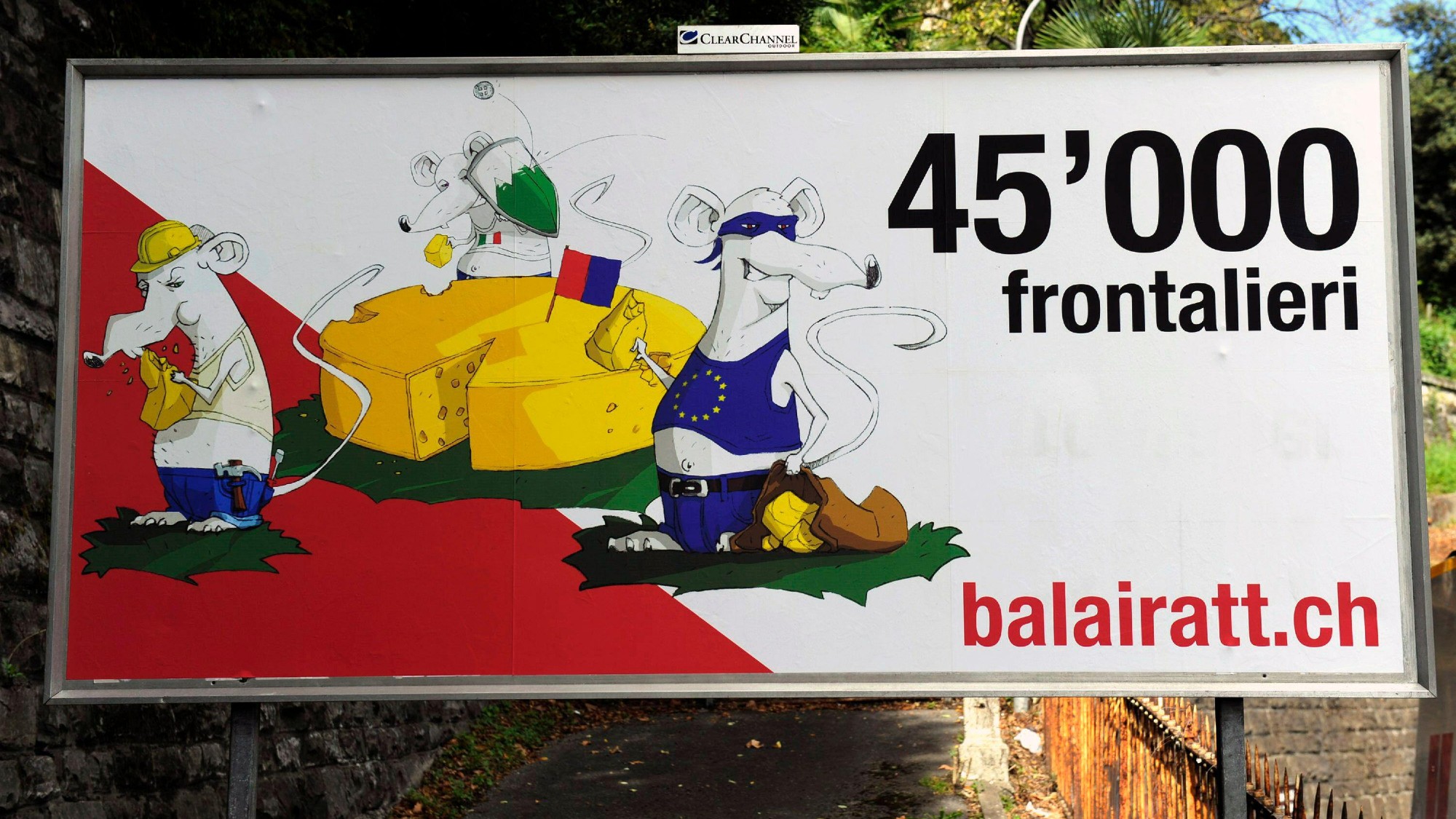 The history of animal metaphors in propaganda
The history of animal metaphors in propagandaThe Explainer Rats, snakes and cockroaches among the imagery used to dehumanise political enemies and minority groups
-
 Facebook: Sarah Wynn-Williams' shocking exposé
Facebook: Sarah Wynn-Williams' shocking exposéTalking Point Former executive's tell-all memoir of life behind the scenes at Meta 'makes for damning reading'
-
 What is the dead internet theory?
What is the dead internet theory?The Explainer Reality has 'begun to mirror' the conspiracy that the vast majority of internet activity is generated by bots
-
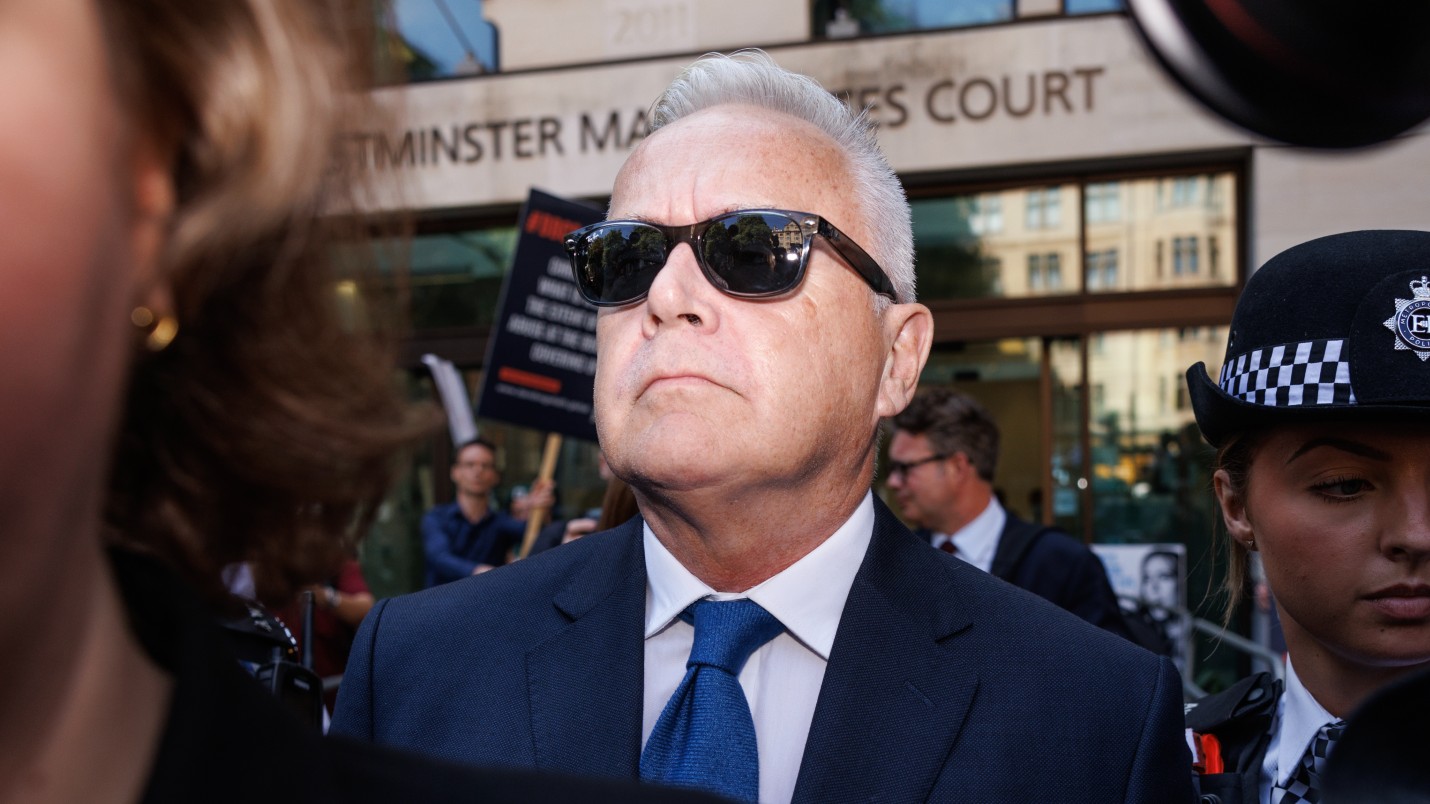 Huw Edwards: why is the BBC so scandal-prone?
Huw Edwards: why is the BBC so scandal-prone?In the Spotlight The national broadcaster has serious questions to answer
-
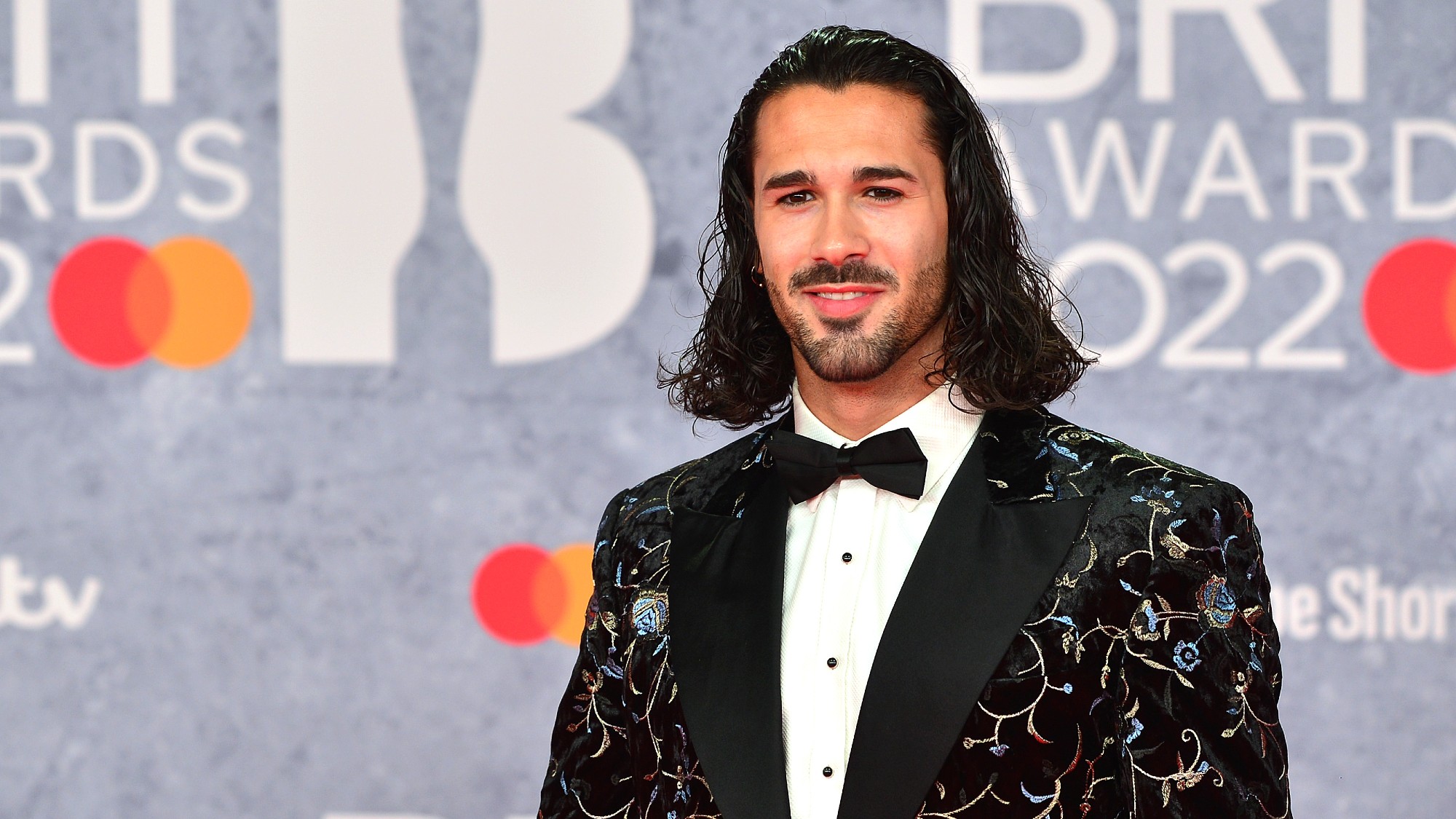 Strictly Come Dancing scandal timeline: what happened when
Strictly Come Dancing scandal timeline: what happened whenIn the Spotlight BBC director general addresses speculation over show's future and apologises to celebrity contestants who say they were mistreated
-
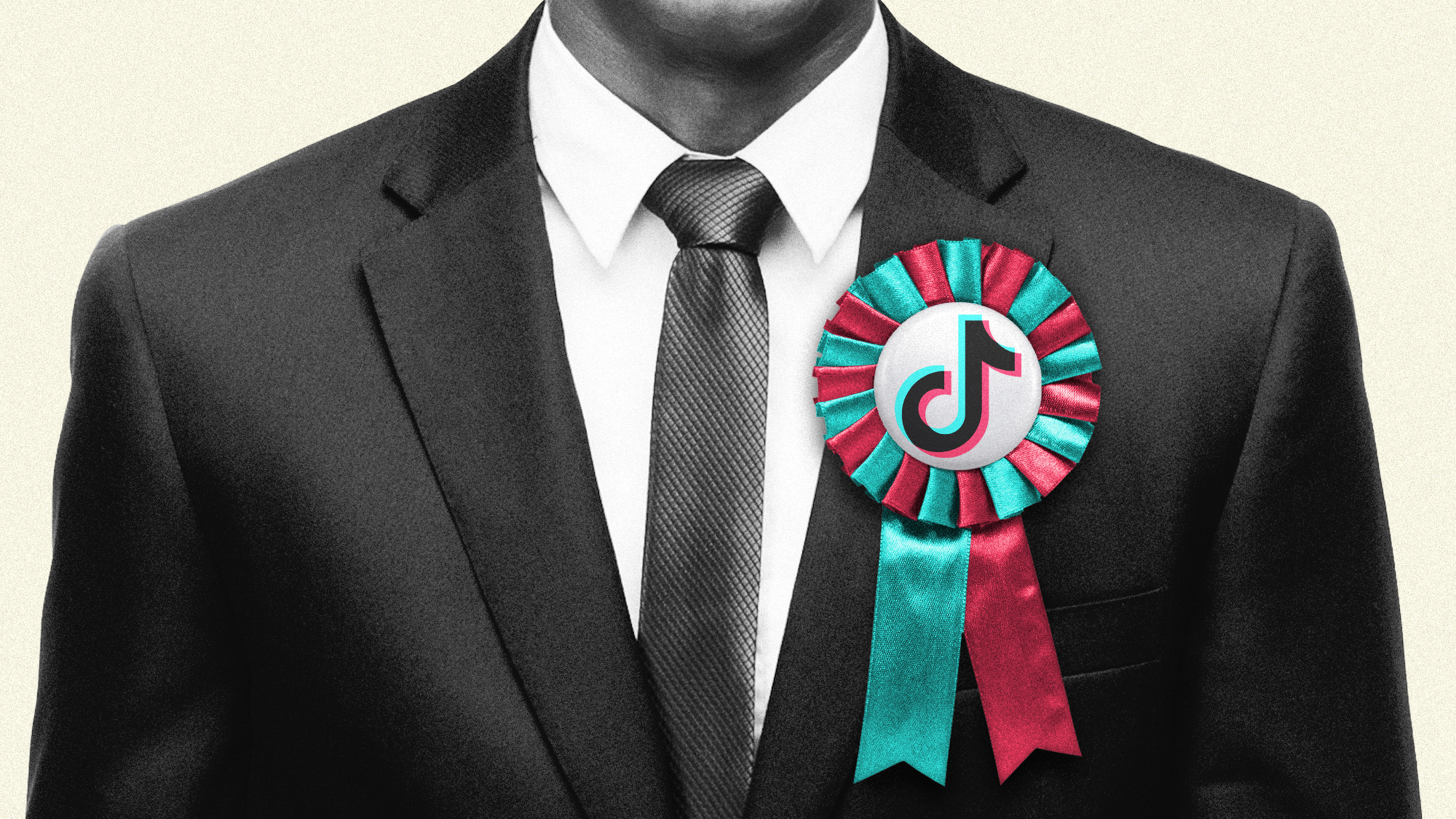 The UK's first TikTok election
The UK's first TikTok electionThe Explainer Labour and Conservatives launch on the video-sharing app deemed so valuable by US Democrats in reaching young voters